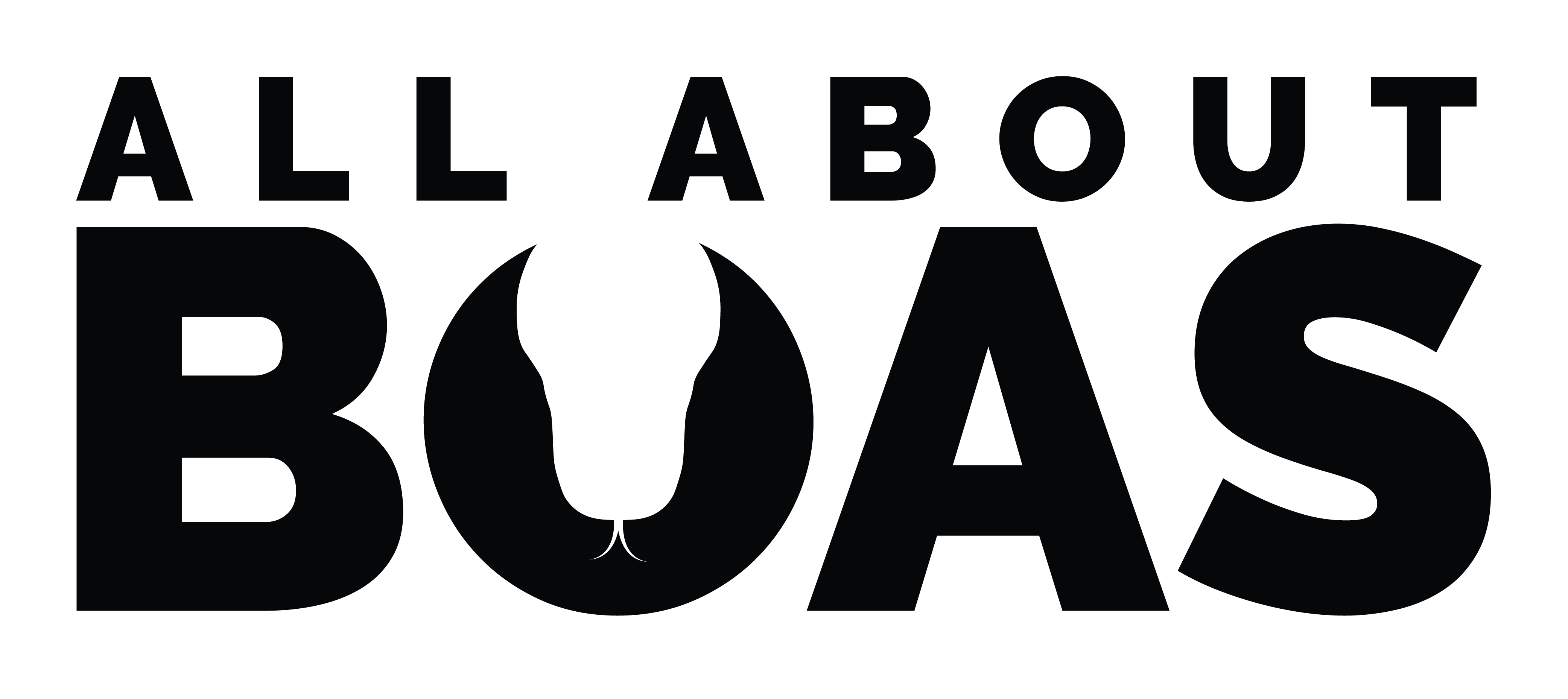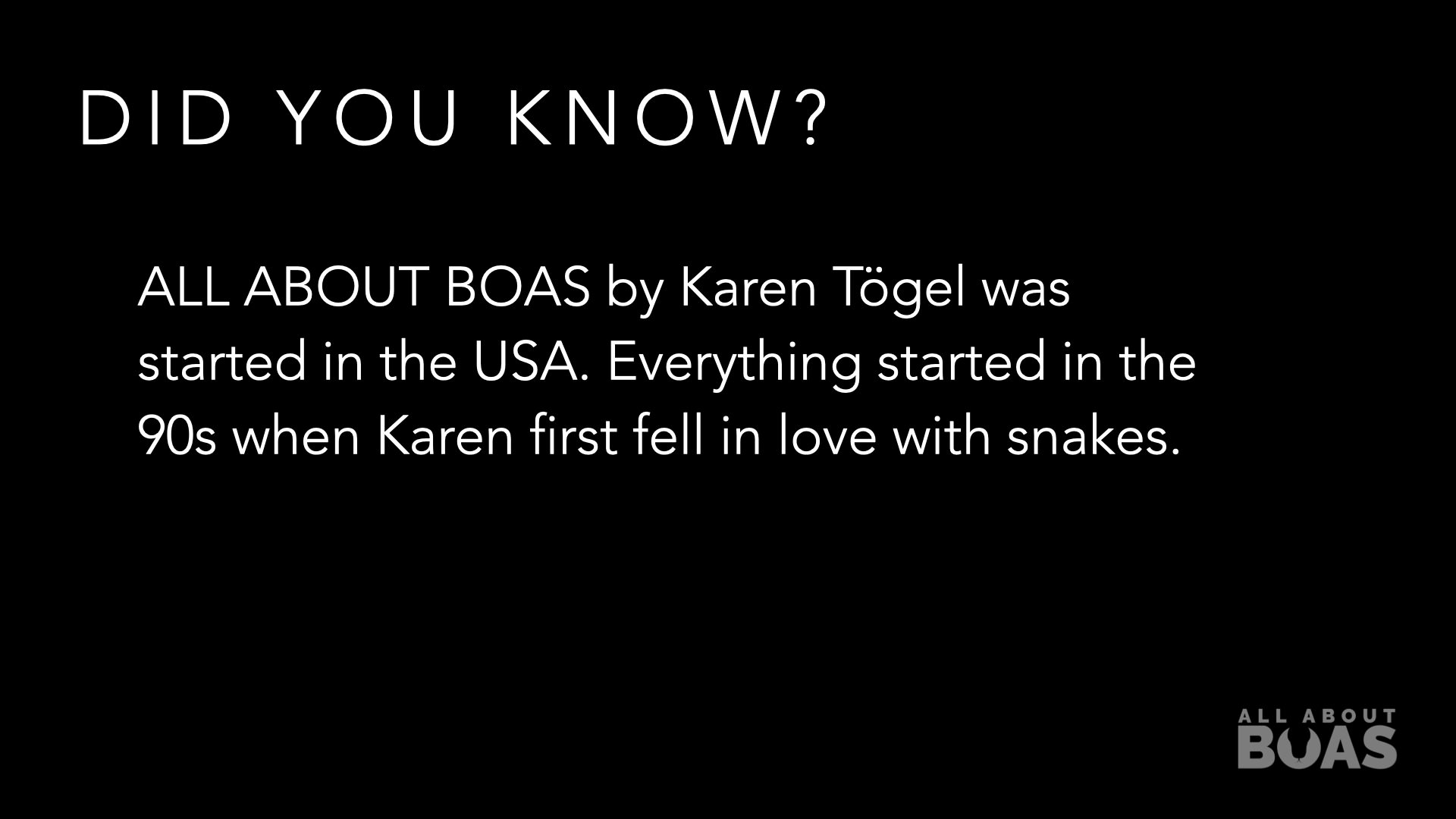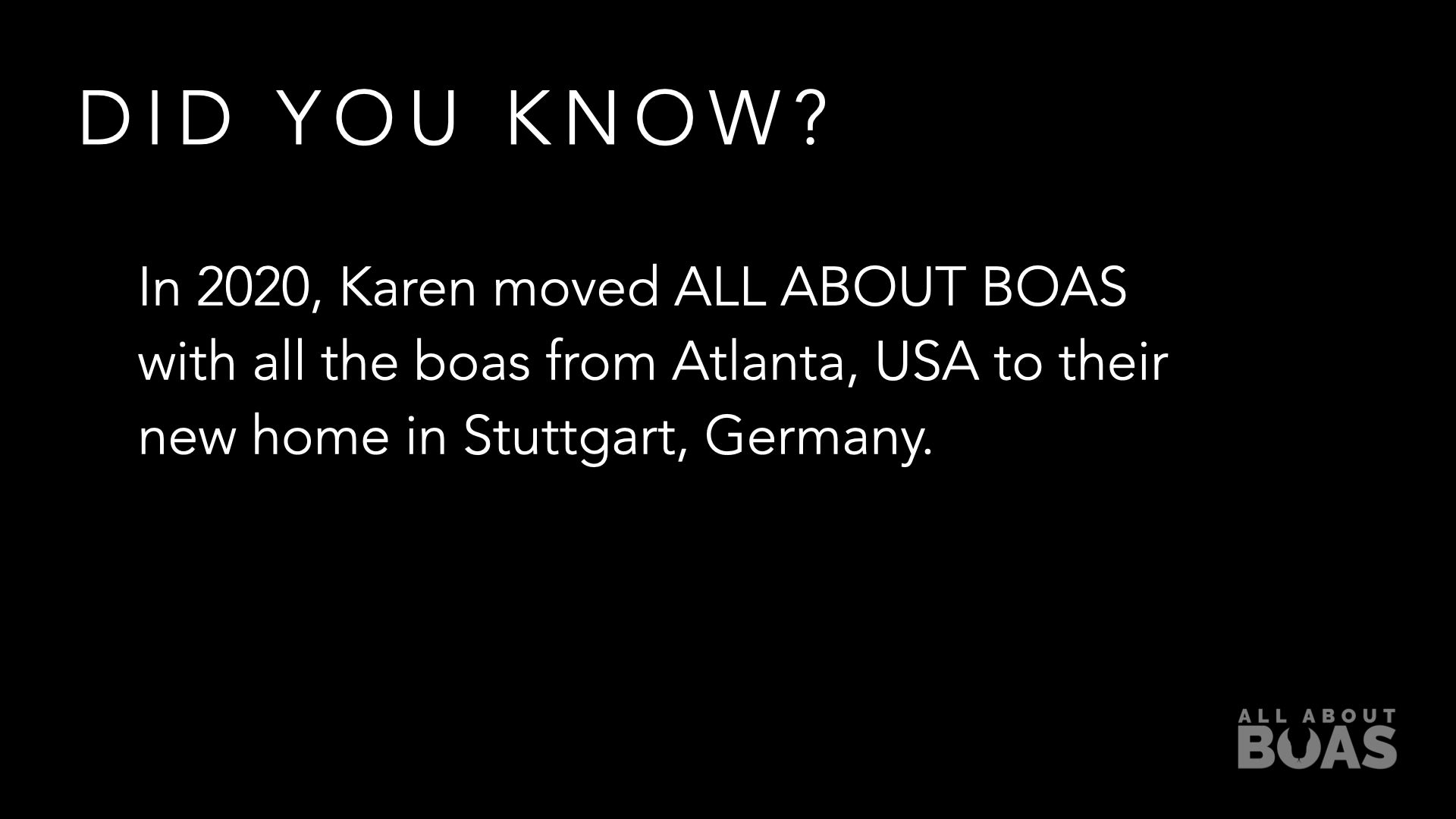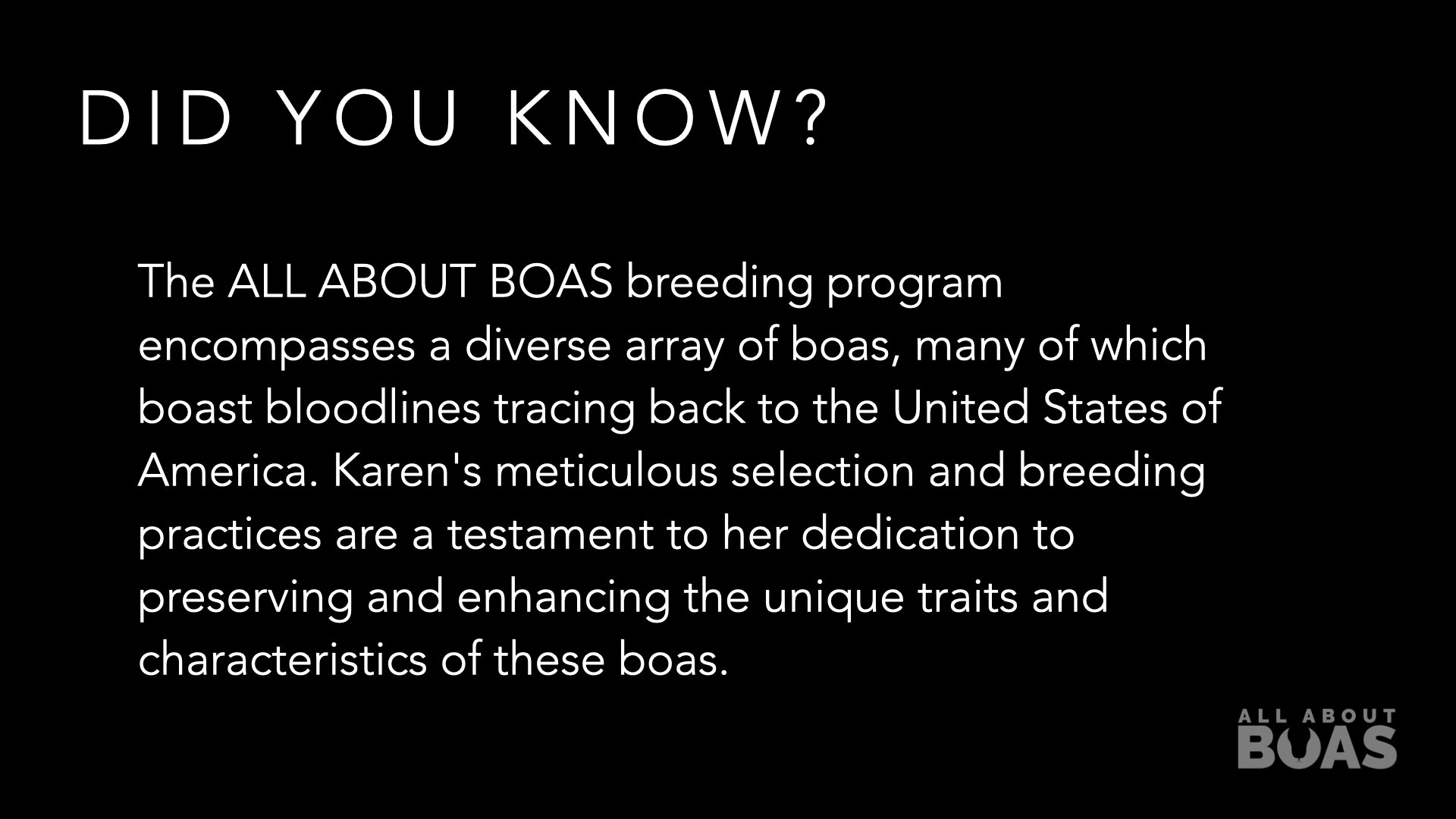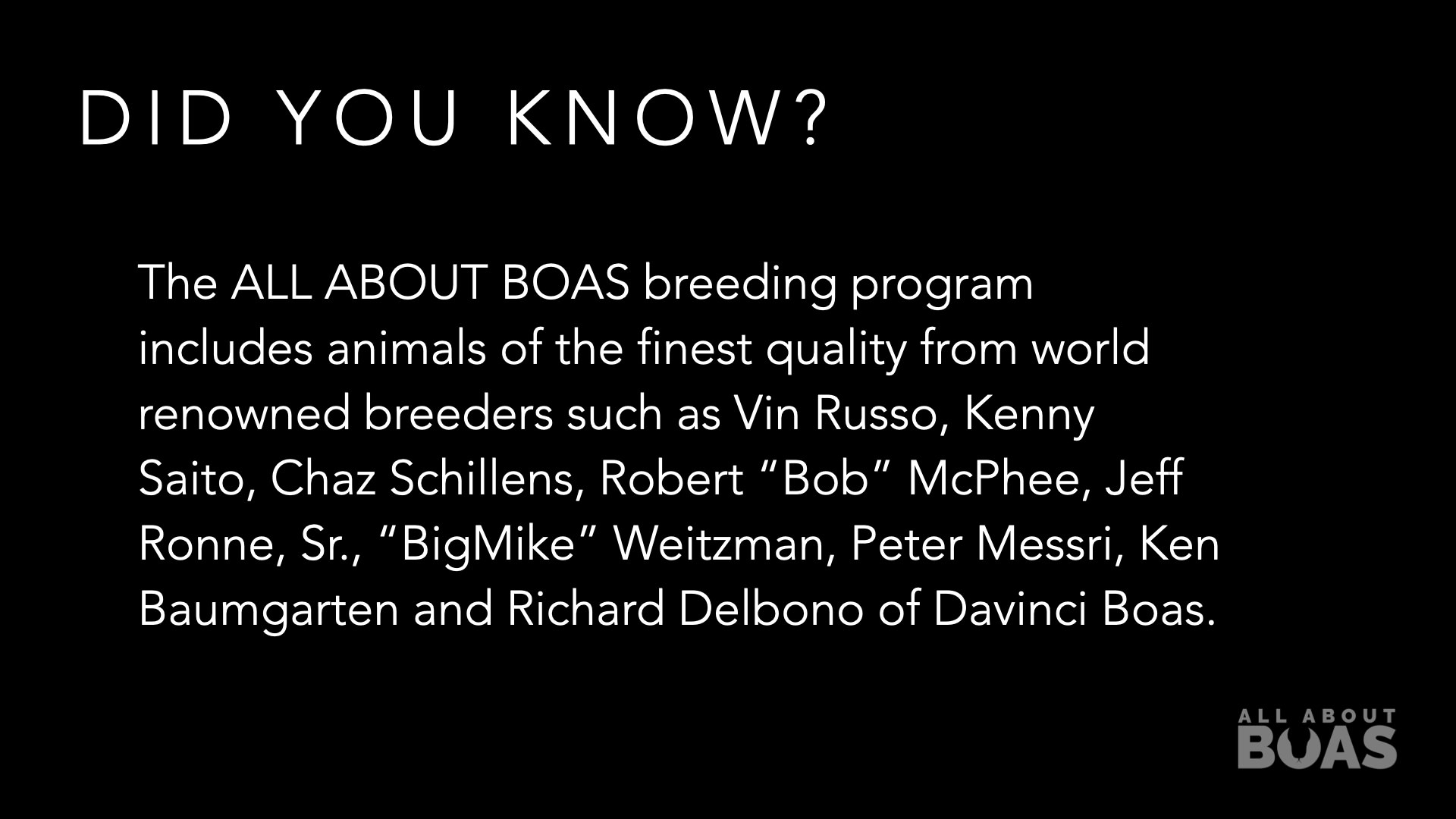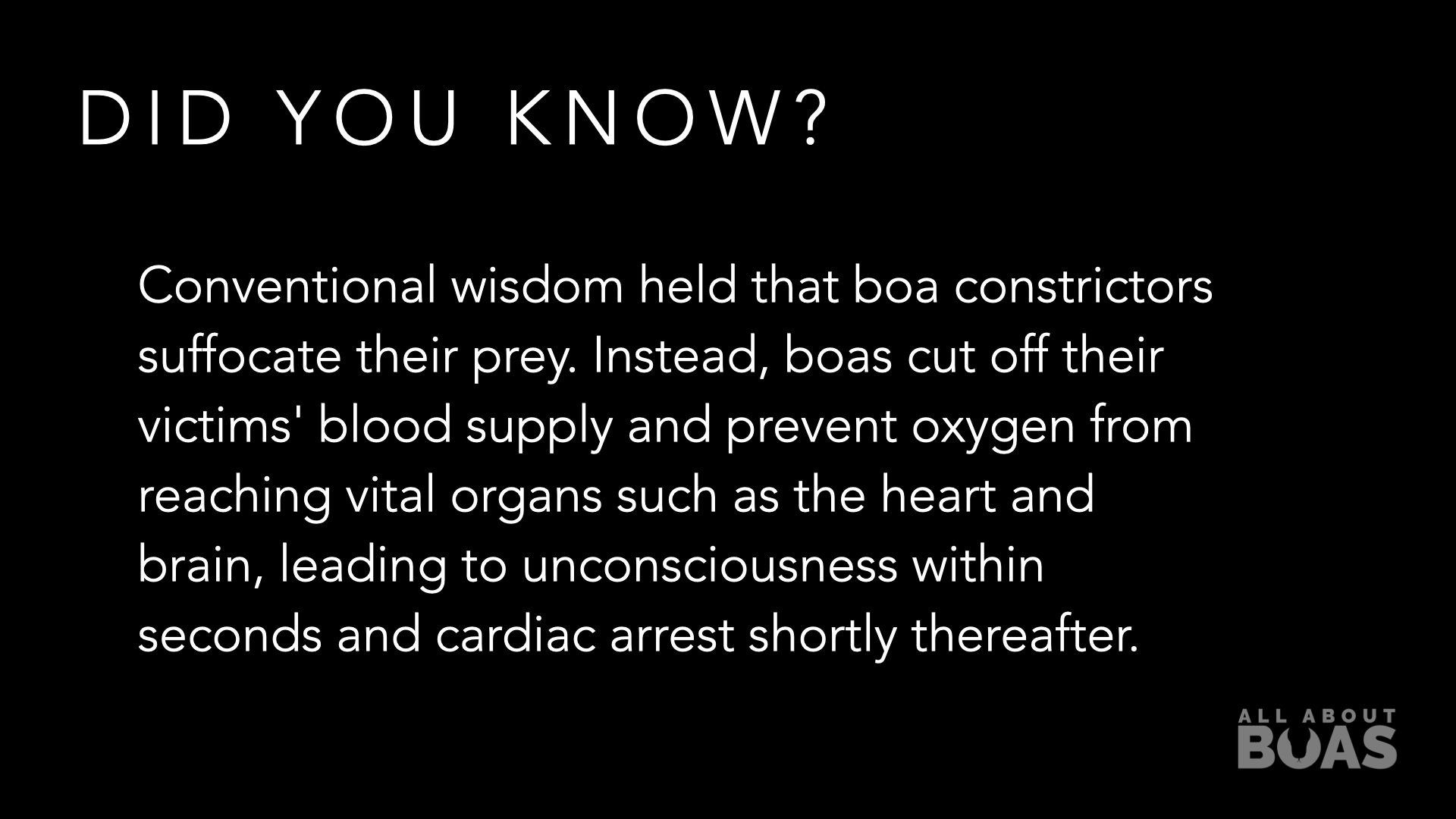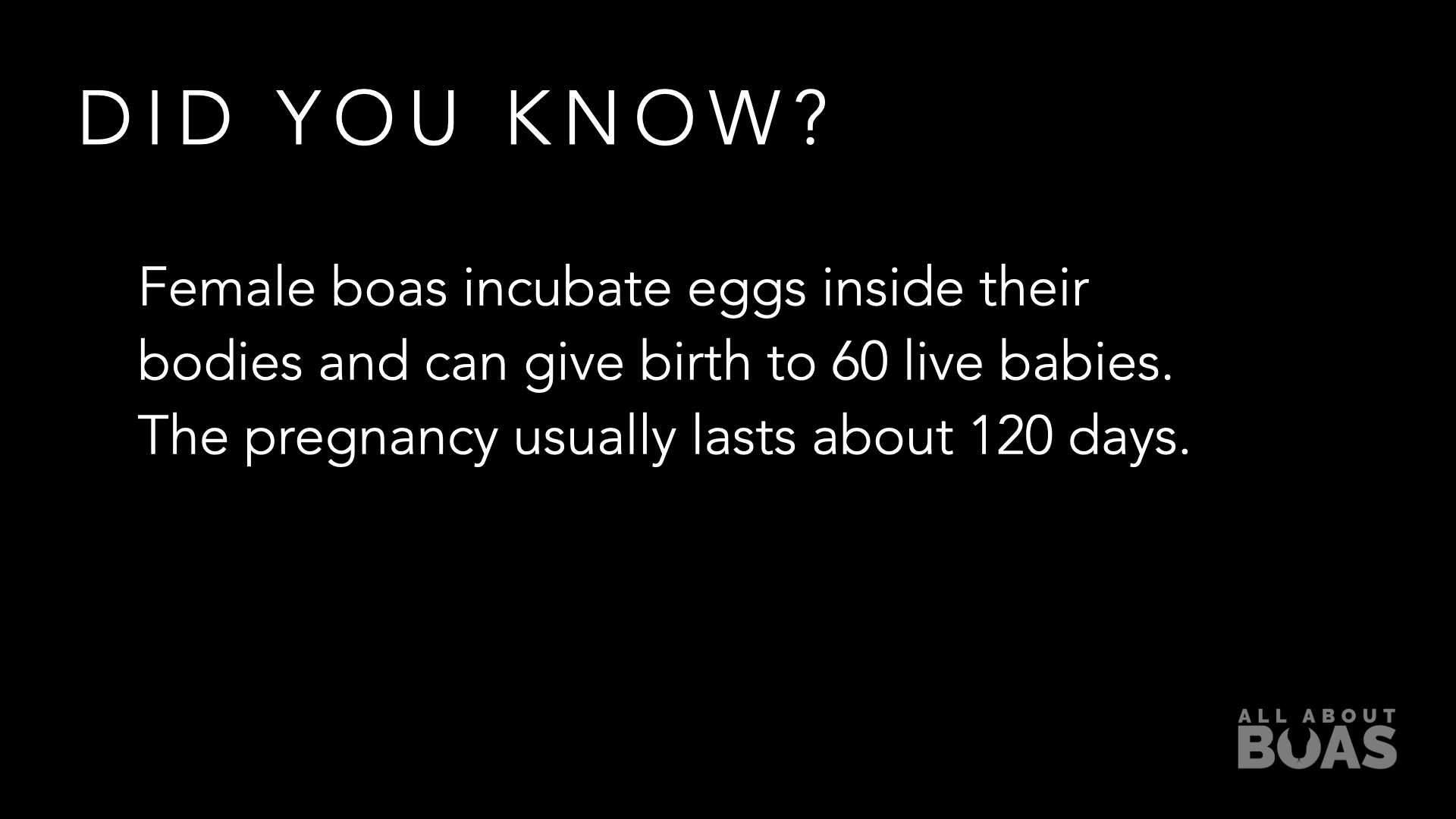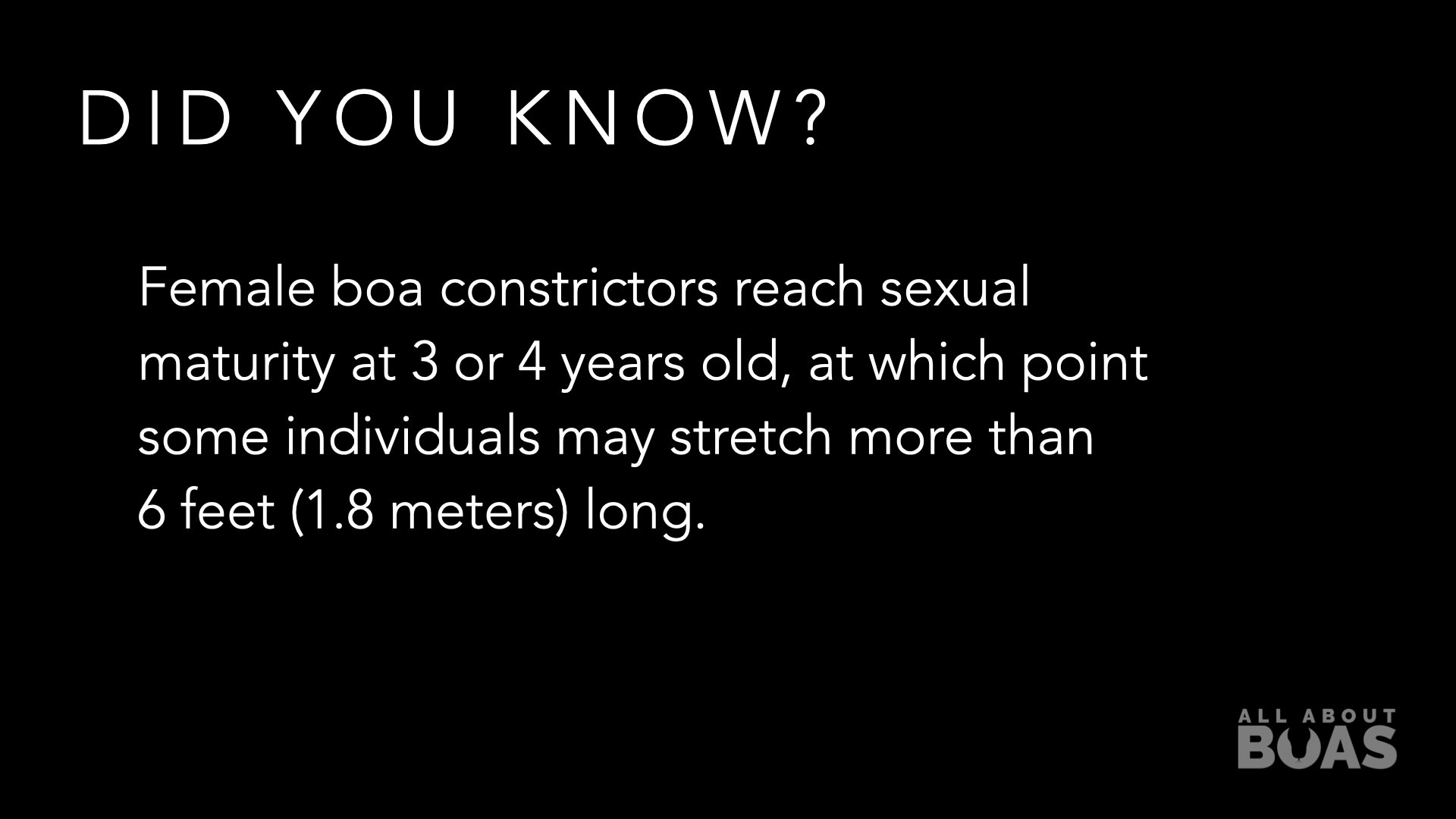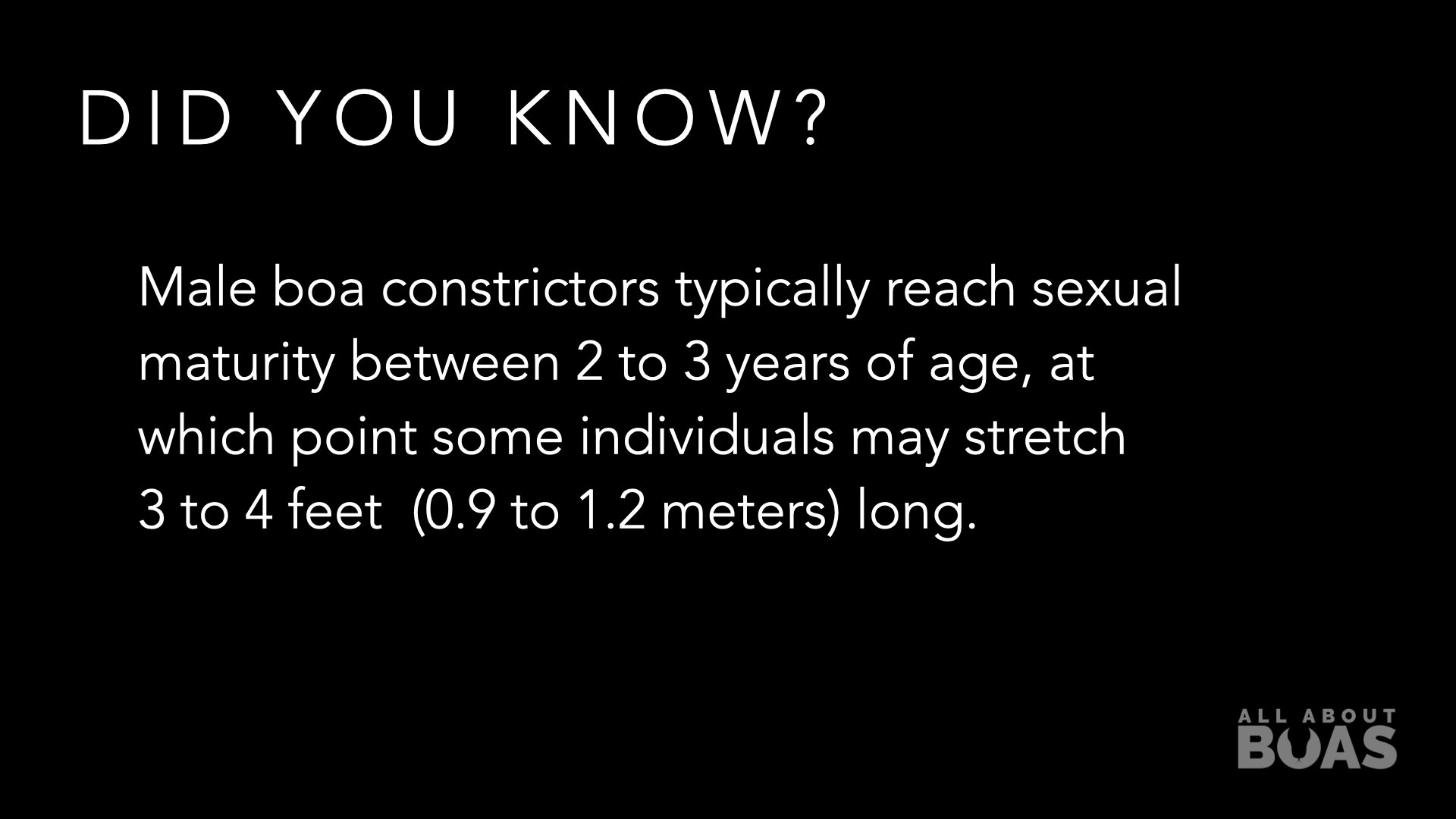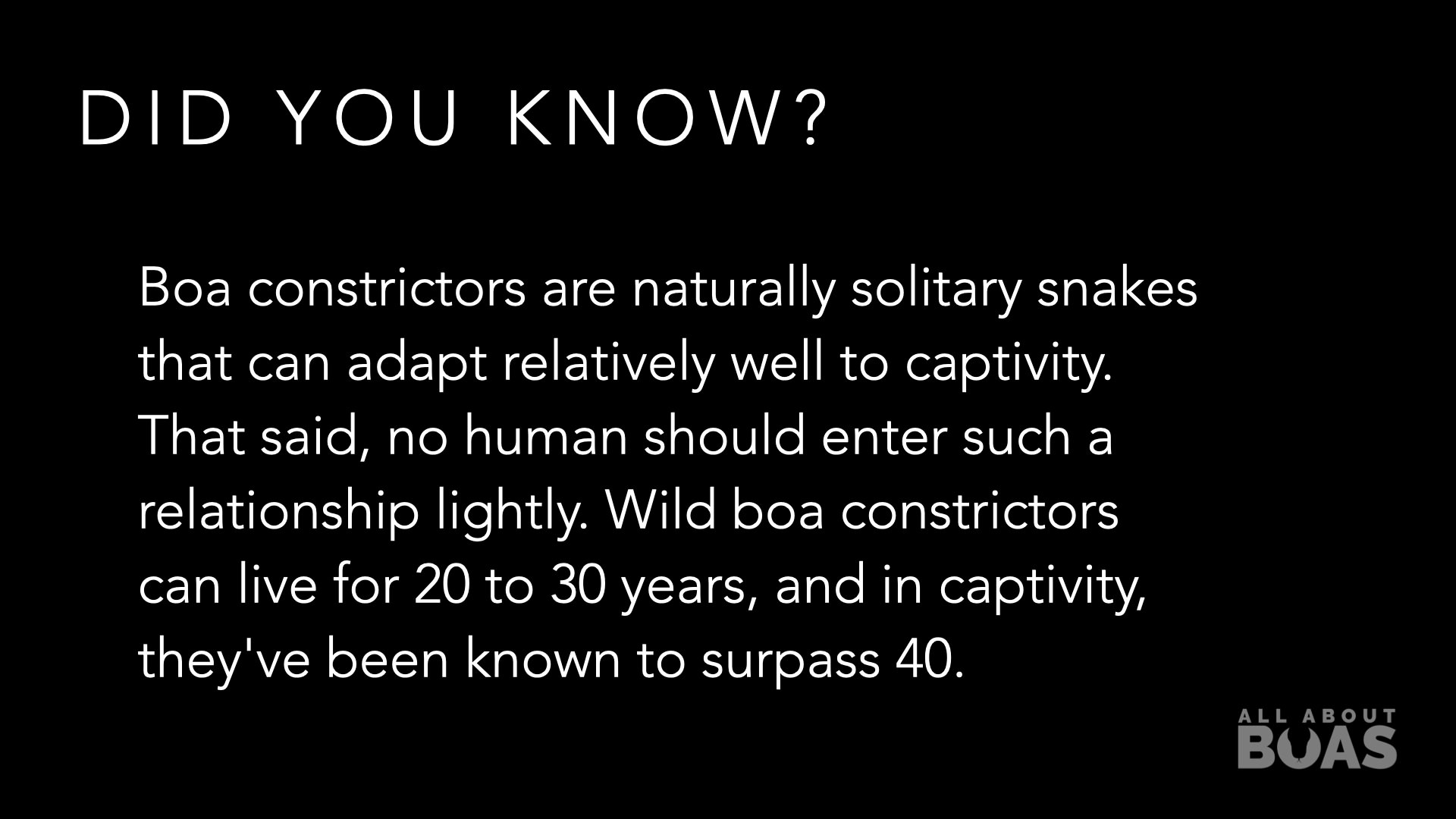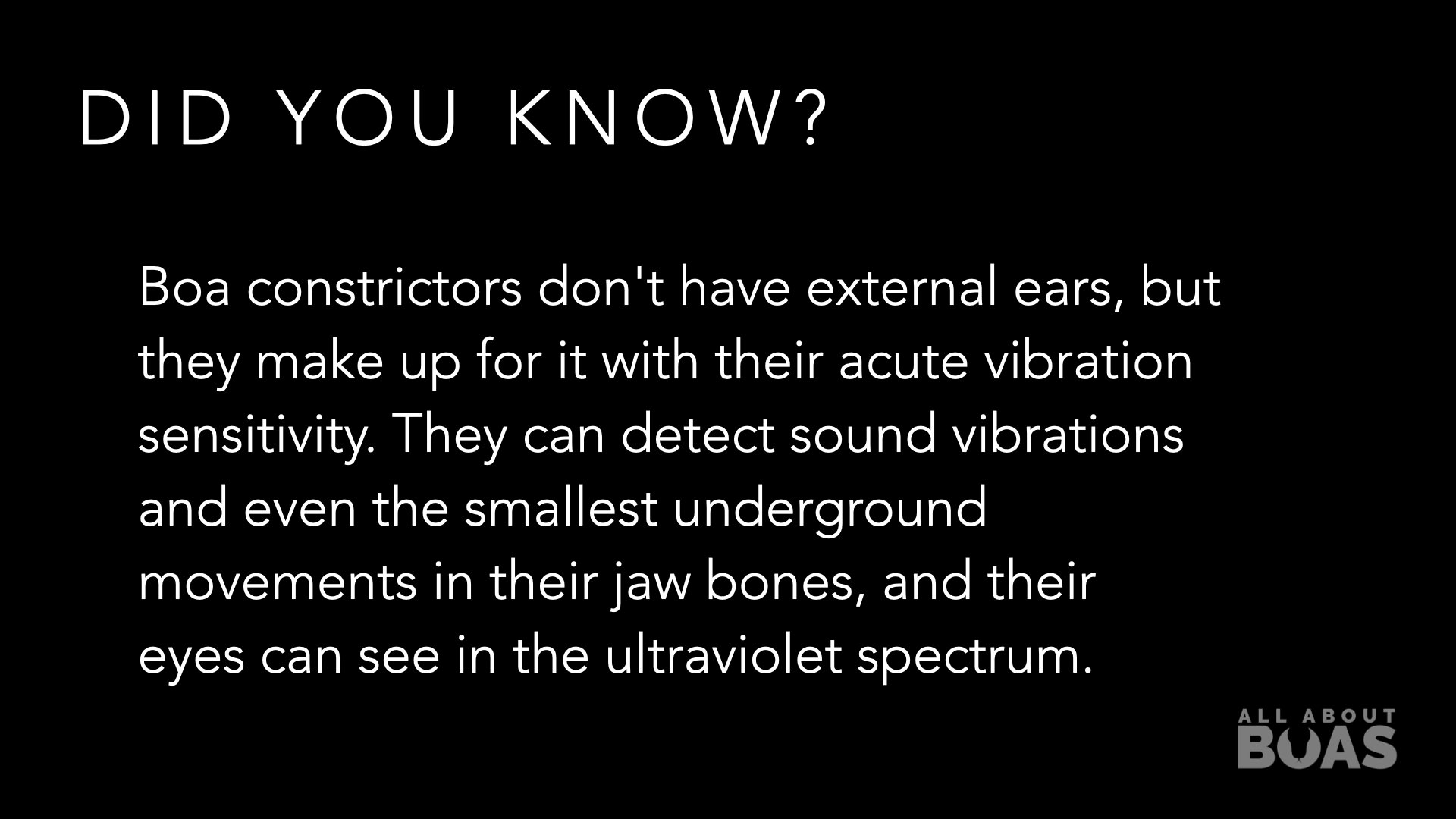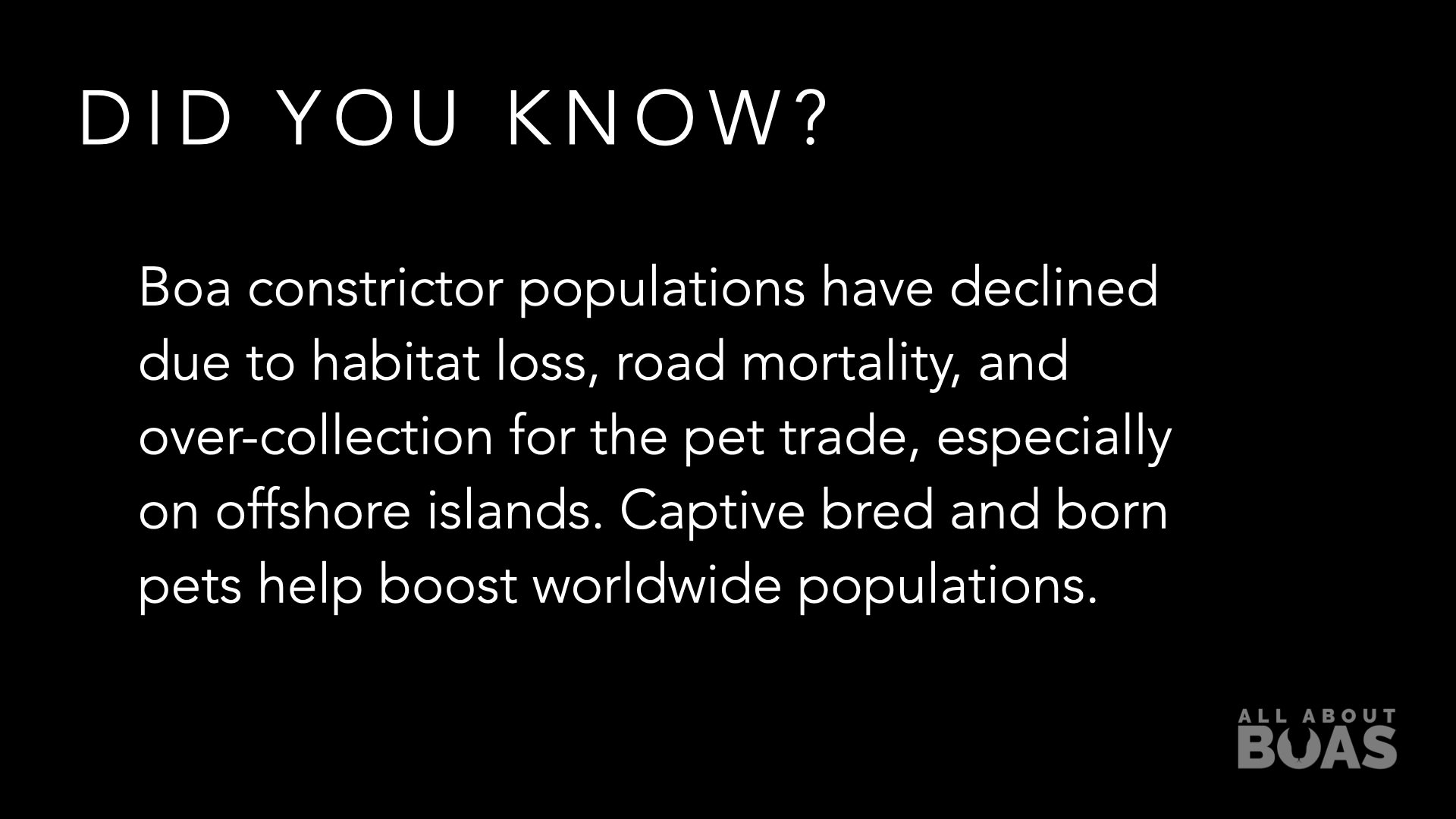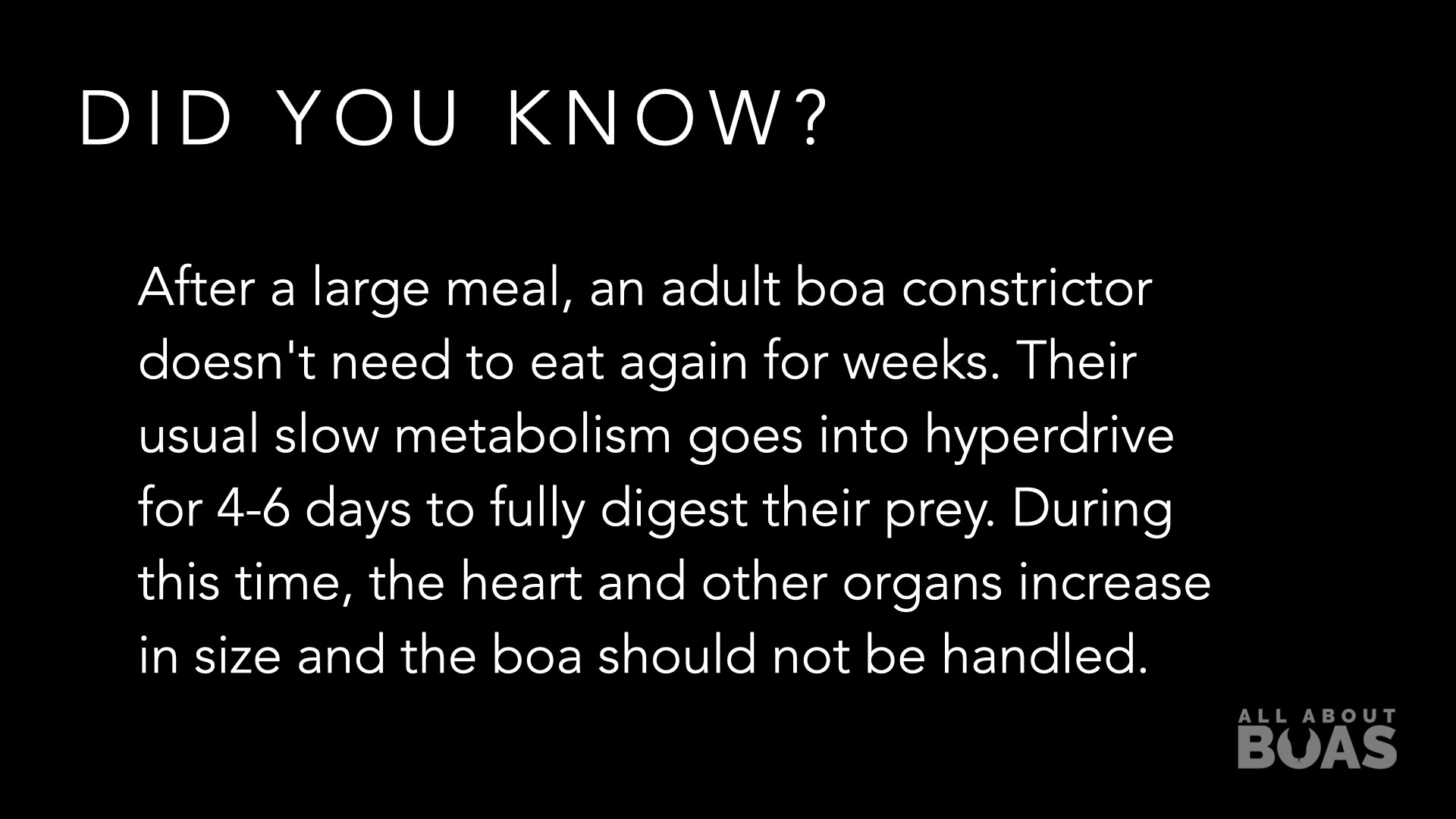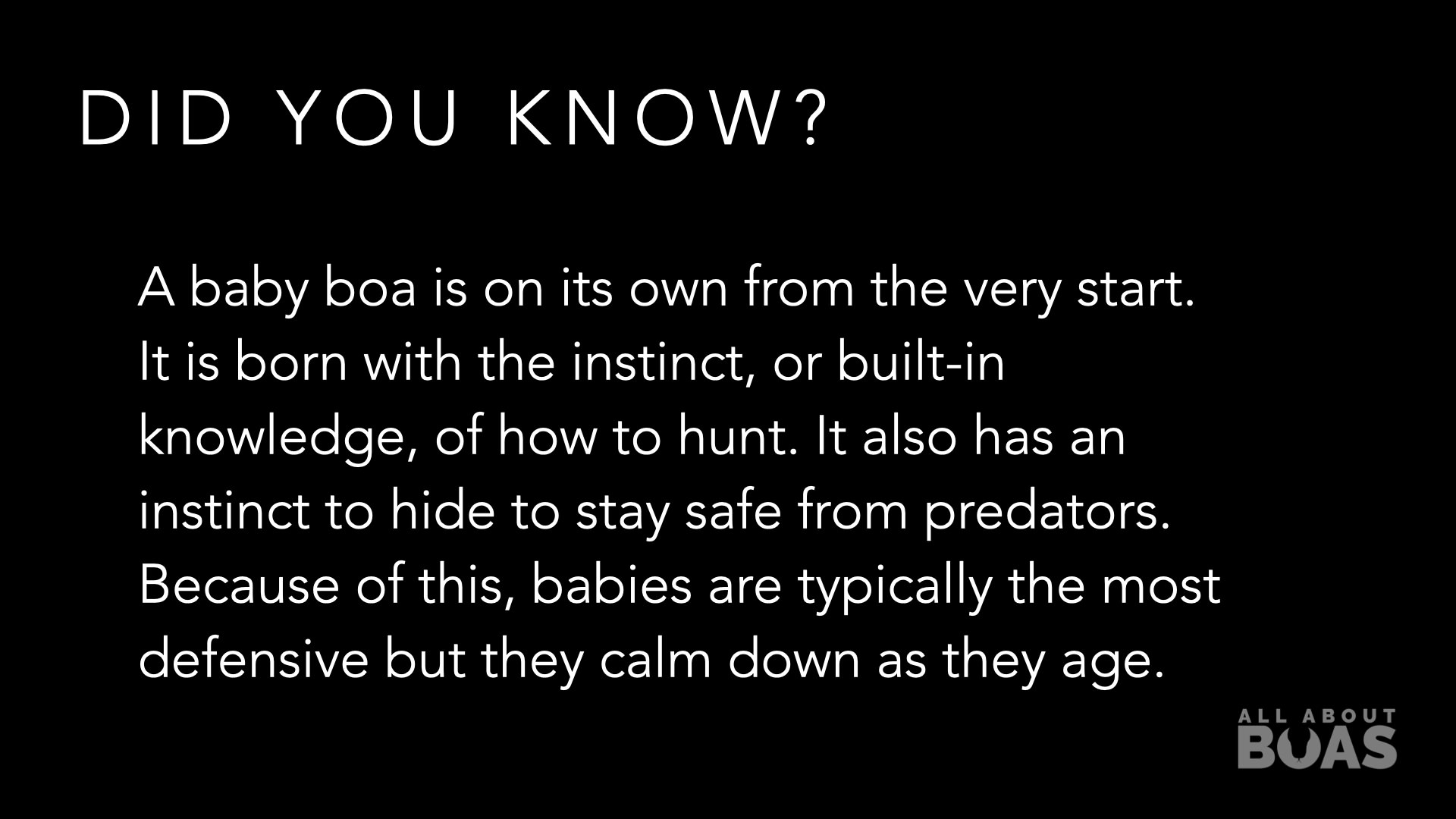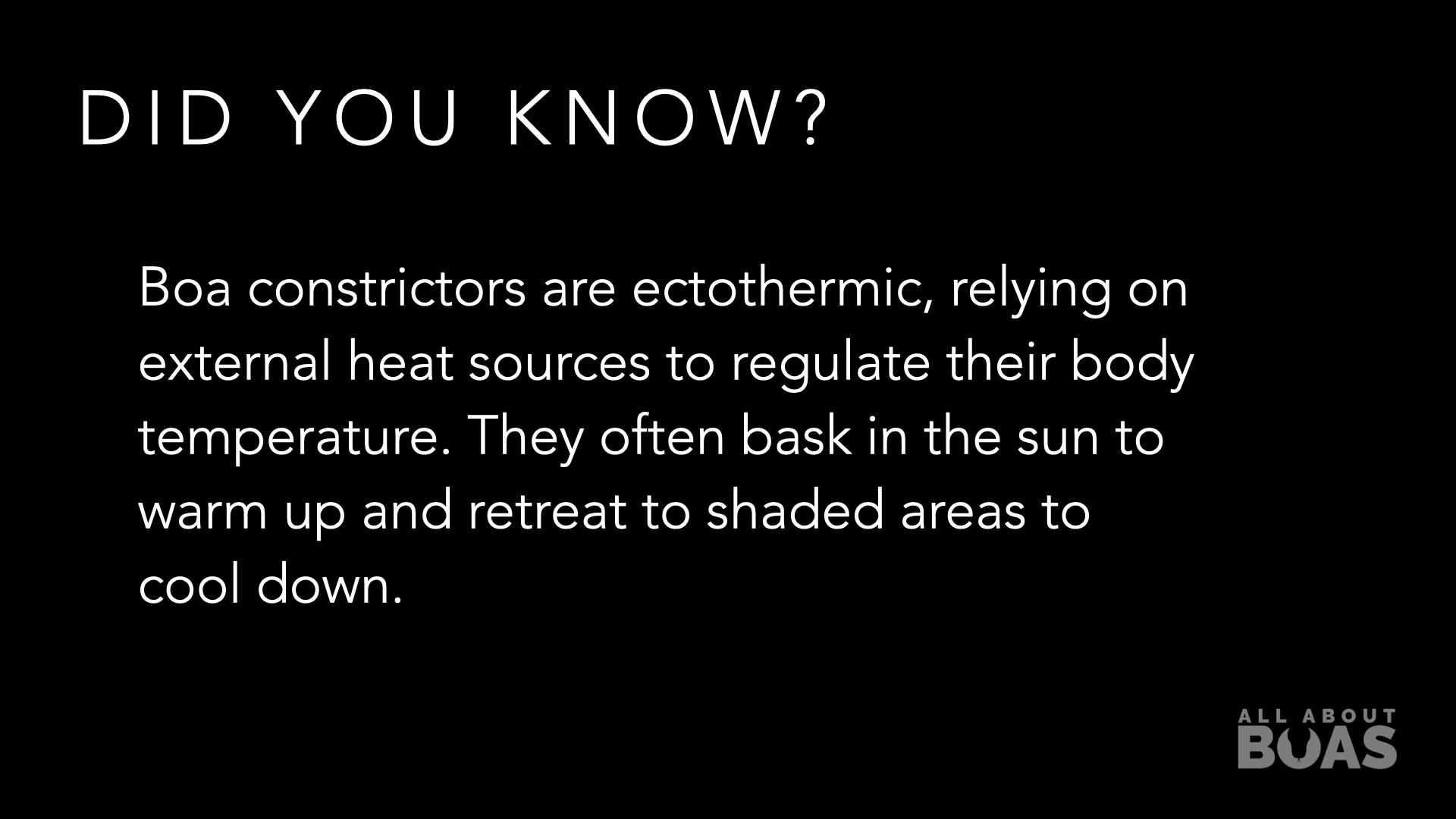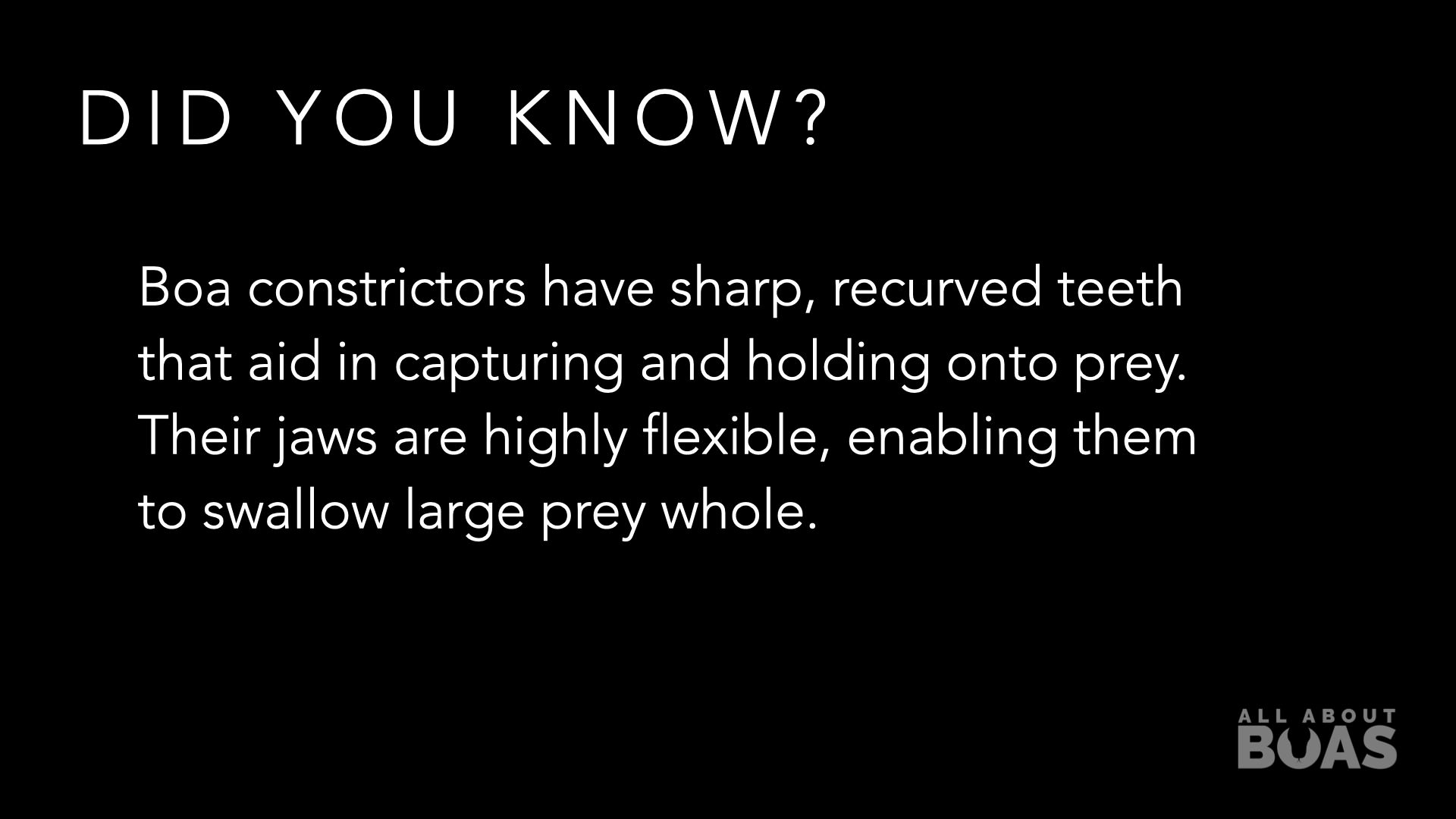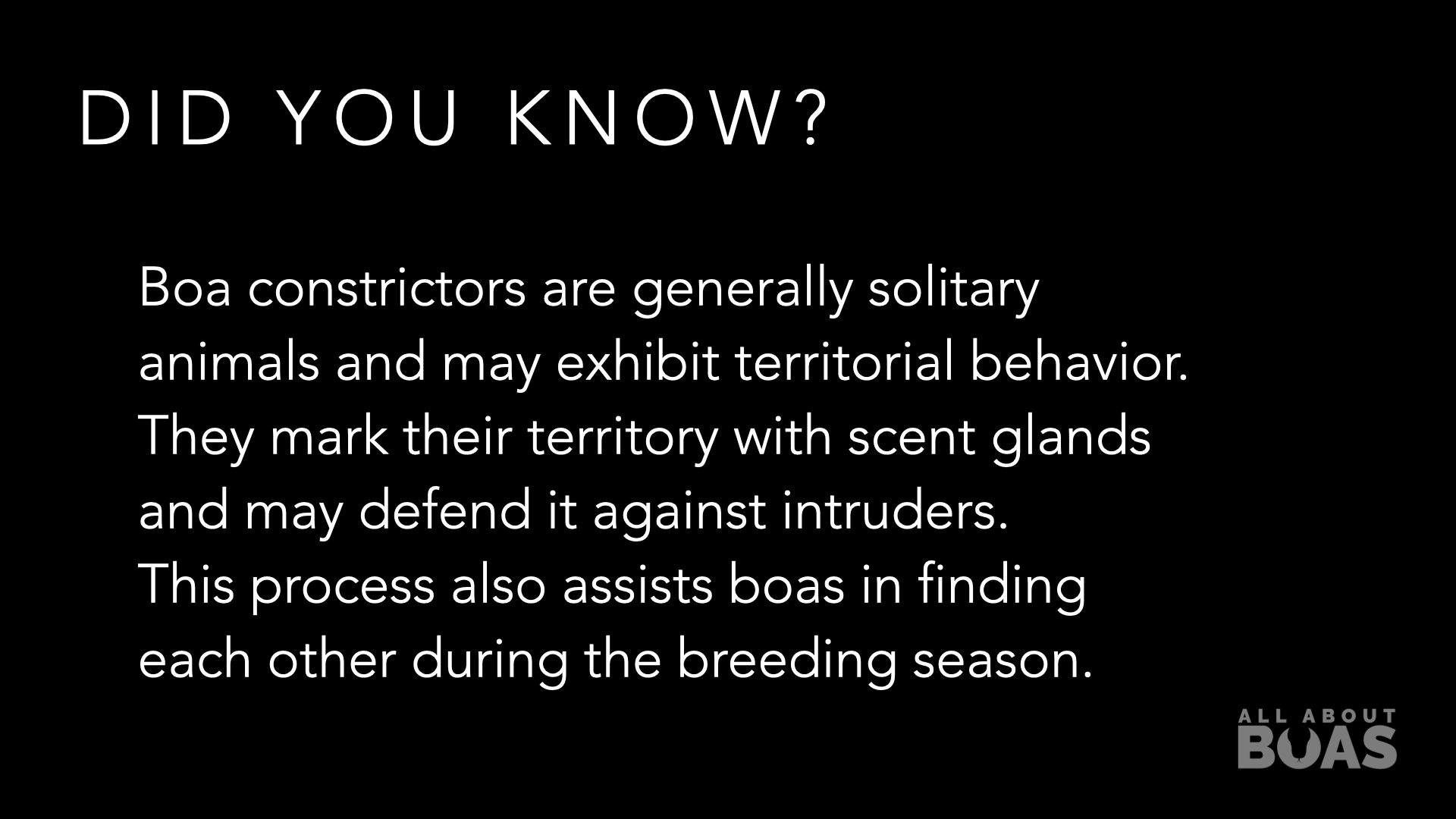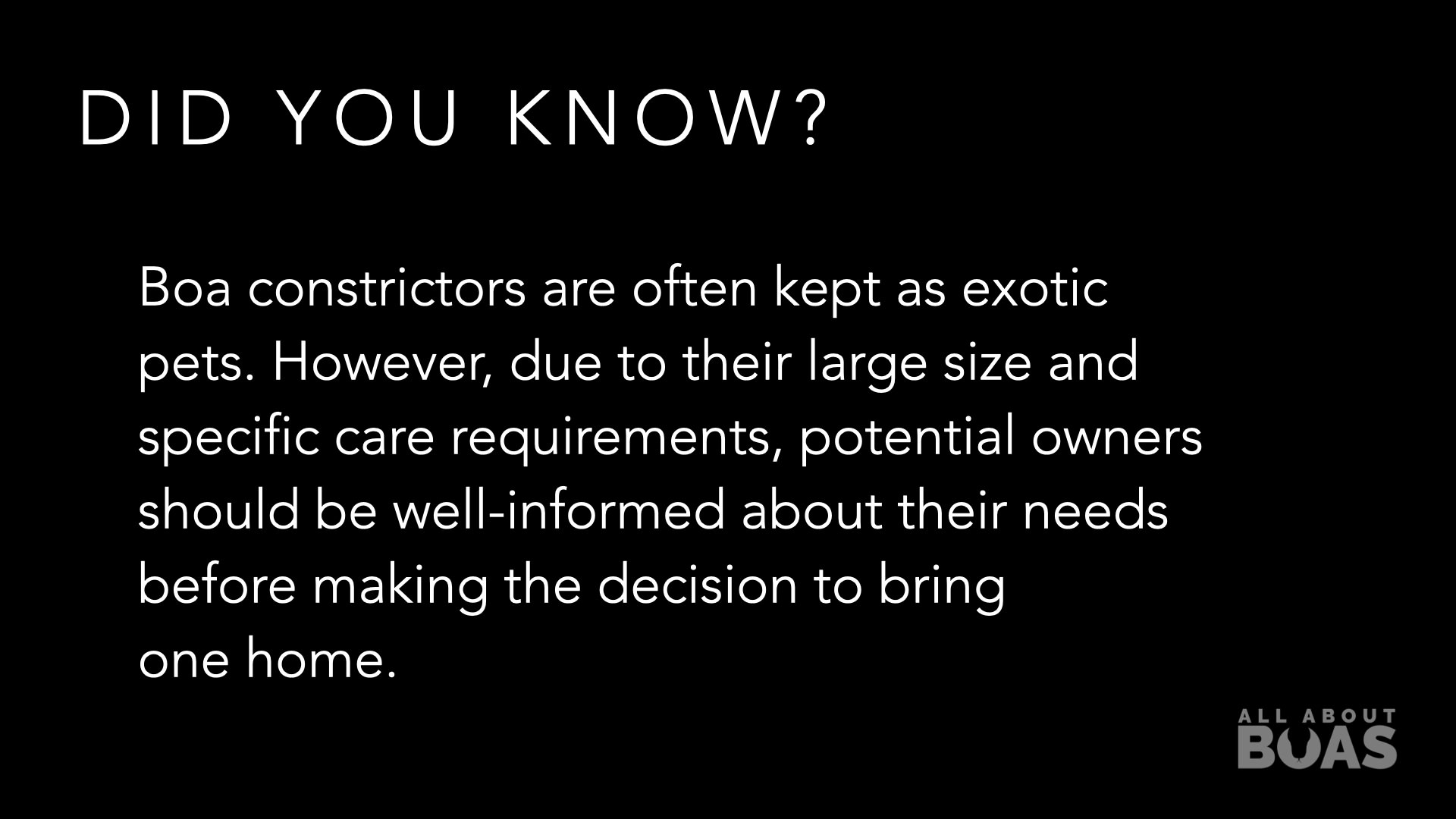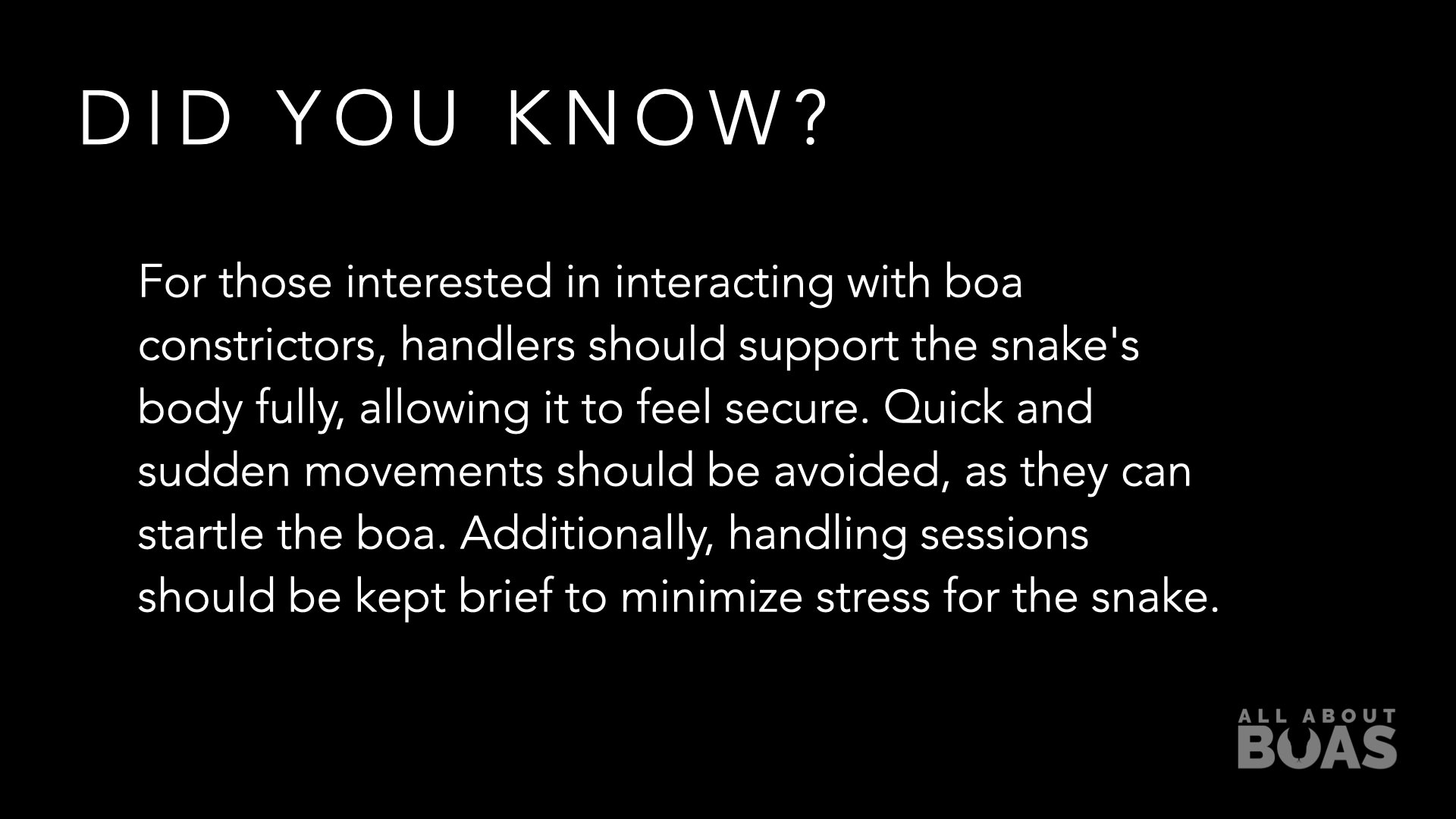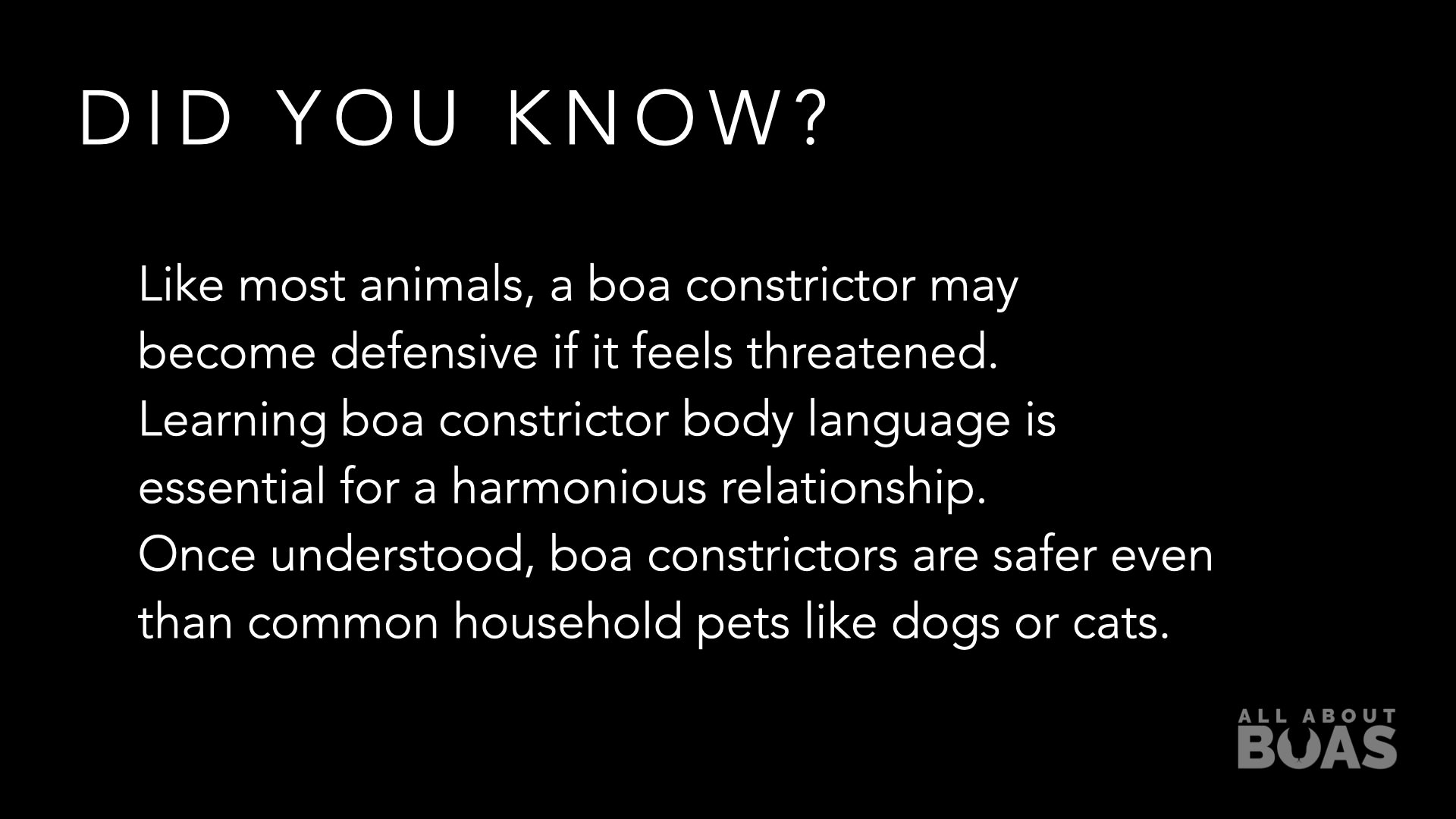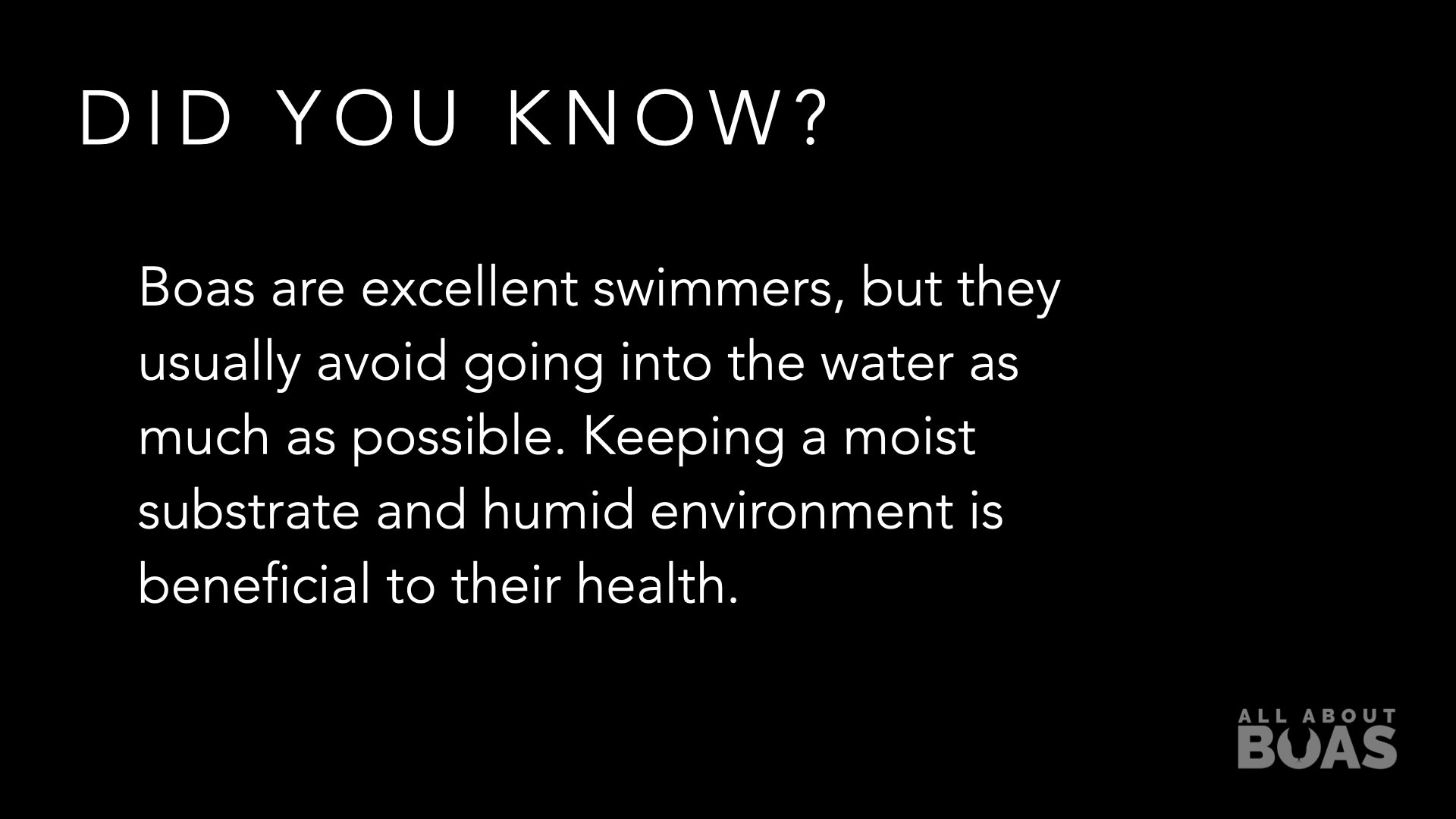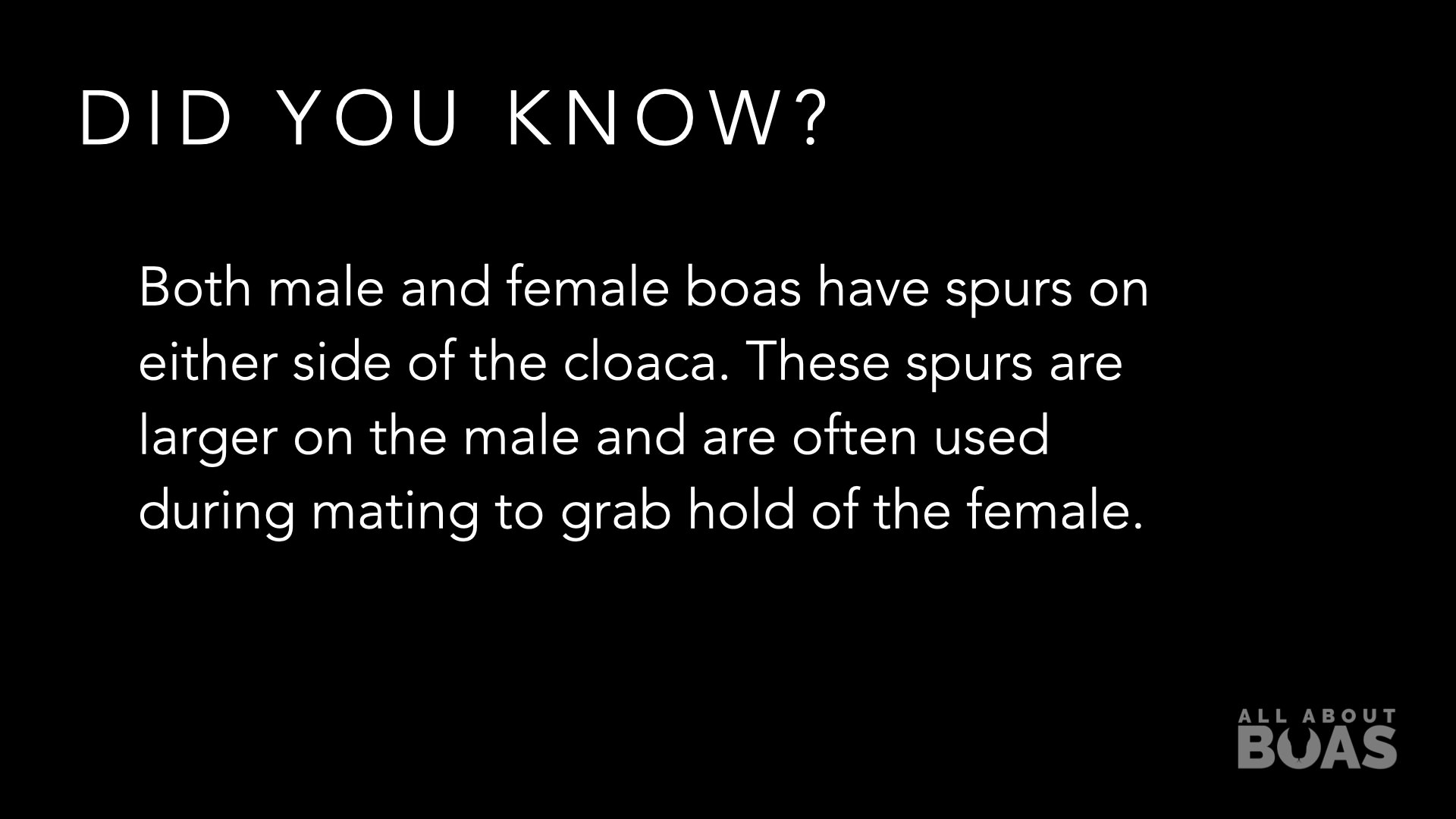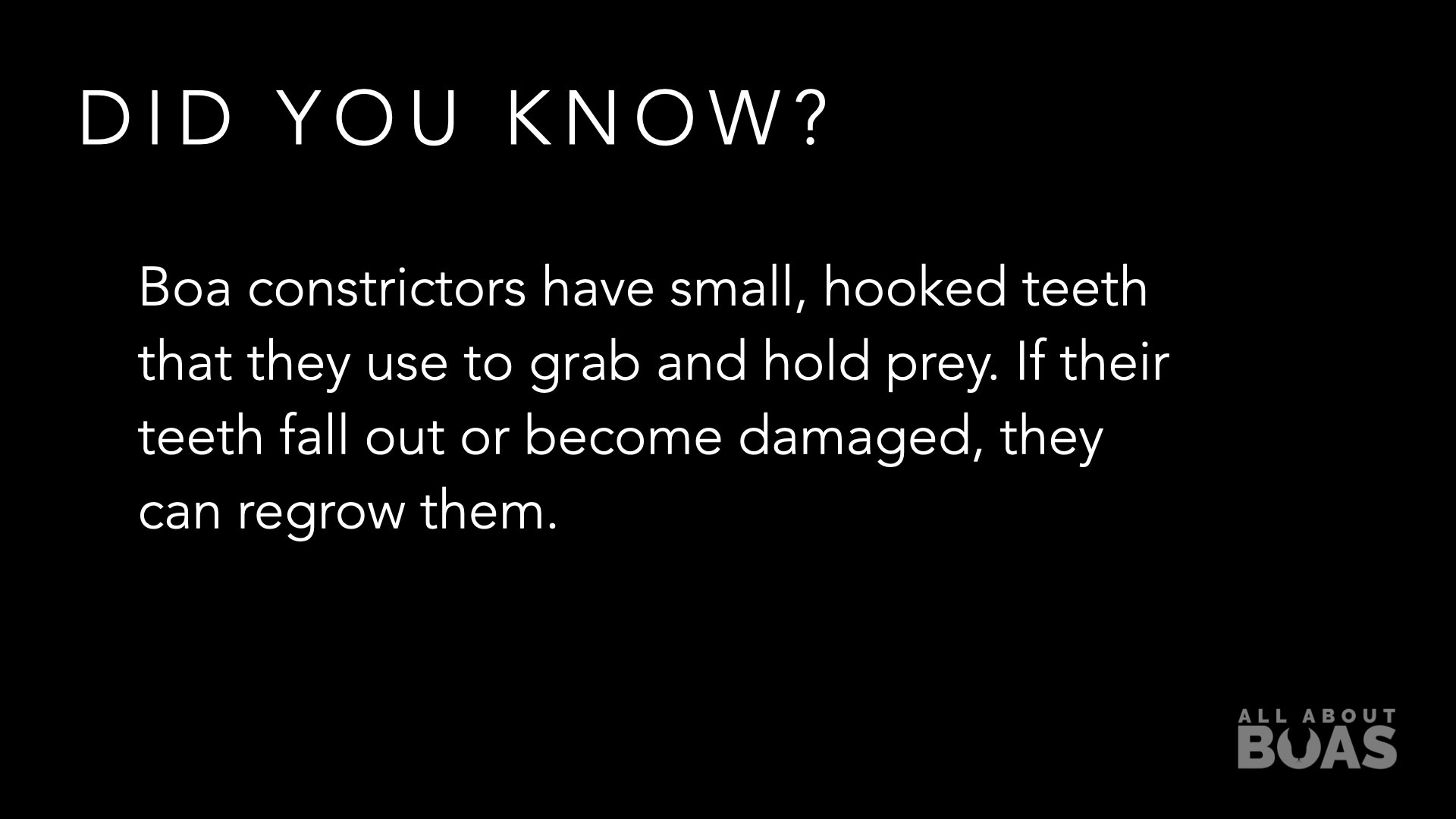Boa constrictors, with their fascinating appearance and unique charm, have become increasingly popular as exotic pets. However, before bringing one of these magnificent snakes into your home, it is essential to be aware of the legal requirements associated with their ownership. Laws and regulations regarding boa constrictors vary from one location to another, and staying informed is crucial to ensure both your and the snake's well-being.
Local Regulations: The legal status of owning a boa constrictor as a pet largely depends on your local jurisdiction. Some areas have strict regulations, requiring permits or licenses for exotic animal ownership, while others have more lenient rules. It is imperative to research the specific laws in your city, state, or country before acquiring a boa constrictor. Local animal control offices or wildlife authorities can provide information about the regulations applicable to your area.
Permits and Licenses: In many places, individuals who wish to keep a boa constrictor are required to obtain permits or licenses. These permits often involve background checks, proof of secure enclosures, and adherence to certain guidelines for the snake's care. Failure to obtain the necessary permits can lead to fines, confiscation of the animal, or legal consequences.
Size and Species Restrictions: Some regions impose restrictions based on the size or species of boa constrictors that can be kept as pets. Certain large or potentially dangerous species might be prohibited, while smaller ones are allowed. It's crucial to be aware of these restrictions, as violating them can result in serious penalties.
Educational Requirements: In some areas, potential boa constrictor owners might be required to undergo educational courses or training programs. These programs are designed to educate individuals about the specific needs of these snakes, including proper handling, feeding, and habitat maintenance. Completing such courses demonstrates your commitment to responsible pet ownership.
Consequences of Non-Compliance: Failure to comply with legal requirements related to boa constrictor ownership can have significant consequences. Apart from legal repercussions, individuals might face challenges in obtaining veterinary care, and insurance coverage could be affected. Moreover, in the event of an escaped snake, owners without proper permits may find it difficult to seek assistance from local authorities, potentially endangering the community.
Conclusion: Owning a boa constrictor can be a rewarding experience for responsible and knowledgeable pet enthusiasts. However, it is crucial to respect and adhere to the legal requirements governing their ownership. Researching and understanding the laws in your area, obtaining the necessary permits, and meeting educational standards are essential steps toward providing a safe and secure environment for your pet boa constrictor. By doing so, you contribute to the responsible exotic pet ownership and ensure the well-being of these remarkable creatures in captivity.


